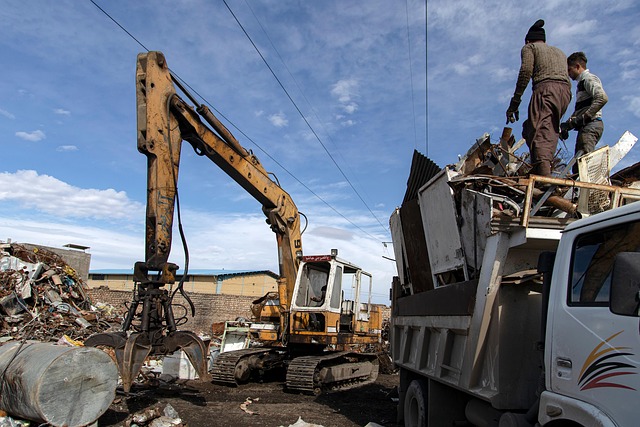Eco-Friendly Solutions for Organic Waste Management in Habitats
In the bustling rhythm of our daily lives, the relationship we share with our environments and habitats often becomes an overlooked aspect of our existence. Yet, the very air we breathe, the soil we walk on, and the life that flourishes around us are intricately connected to the choices we make regarding organic waste management. As conscious stewards of our habitats, it is essential to embrace eco-friendly solutions that nurture both nature and our communities.
Understanding Organic Waste Management
Organic waste includes all biodegradable materials that come from plant and animal sources, such as food scraps, yard waste, and agricultural residues. When not managed properly, this waste contributes to environmental degradation, including increased greenhouse gas emissions and pollution in our precious ecosystems. In contrast, effective organic waste management can revitalize our habitats and promote a greener, healthier planet.
Recycling Through Composting
One of the most beneficial practices for organic waste management is composting. By creating compost from kitchen scraps and garden waste, we can recycle nutrients back into the soil, facilitating robust plant growth. Not only does composting reduce the volume of waste sent to landfills, but it also enriches the soil with organic matter, improving its health and structure. A compost bin in your backyard or even a small vermicomposting setup in your kitchen can be gateways to sustainability!
Community Initiatives for Better Practices
Communities around the globe are coming together to promote organic waste management through local initiatives. Community composting programs not only reduce waste but also enhance community bonds, creating a collective sense of responsibility towards the environment. By sharing resources, educating each other, and practicing sustainable habits, we can cultivate healthier habitats and inspire eco-consciousness in our neighborhoods.
Gardening: A Personal Touch to Nature
Engaging in gardening is another invaluable way to practice organic waste management. Rather than tossing out kitchen scraps, consider utilizing them as a natural fertilizer in your garden. Cultivating a diverse range of plants not only yields delicious produce but also allows us to reconnect with nature, understanding the importance of nurturing life at every level. The simple act of planting seeds fosters growth not only in our gardens but also in our commitment to eco-friendly practices.
The Green Impact of Mulching
Utilizing organic materials such as leaves, grass clippings, and wood chips as mulch is another effective method of organic waste management. Mulching not only suppresses weeds but also retains moisture and adds valuable nutrients back into the soil as it breaks down. This practice exemplifies a cyclical relationship with nature, where organic waste is transformed into a resource that benefits our gardens and the environment.
Embracing Nature for a Sustainable Future
At the heart of organic waste management lies a deep reverence for nature. By embracing eco-friendly solutions, we not only address the challenges of waste disposal but also reinforce our connection to the earth. Every step taken towards sustainable practices helps create habitats where both people and nature can thrive hand in hand. By prioritizing eco-conscious choices, each of us plays a vital role in the broader movement towards environmental health and beauty.
Let’s inspire each other to make informed choices that contribute to a better tomorrow. The earth is our home, and through conscious organic waste management, we can ensure it remains vibrant and full of life for generations to come.




